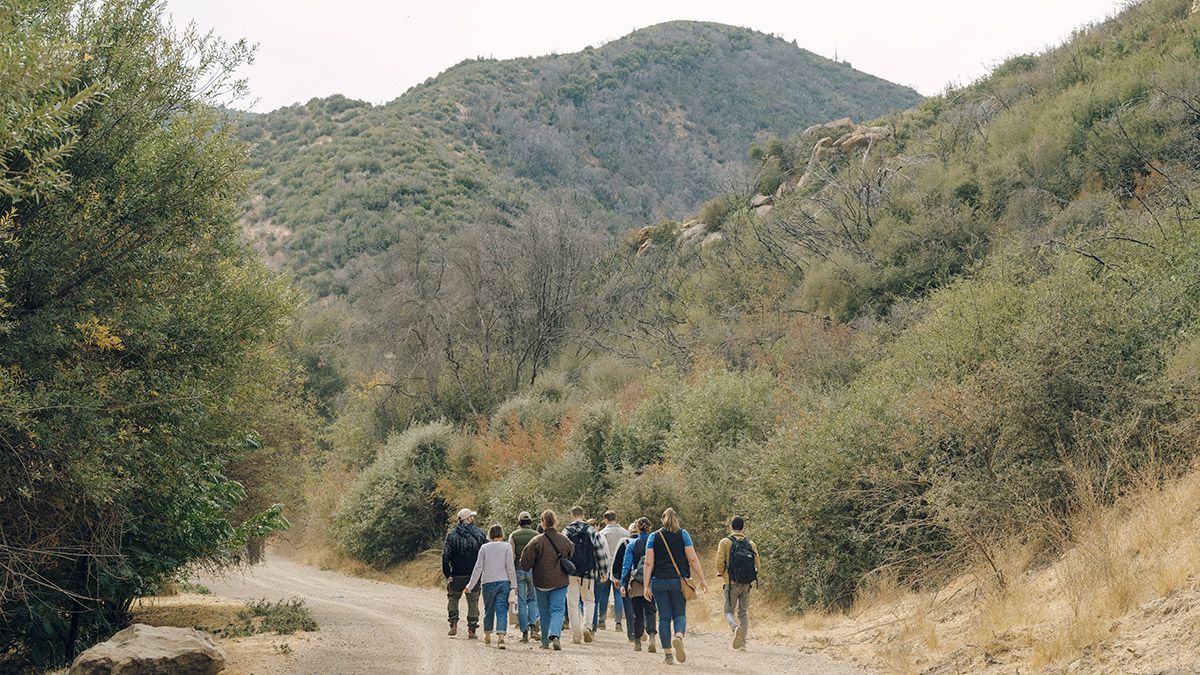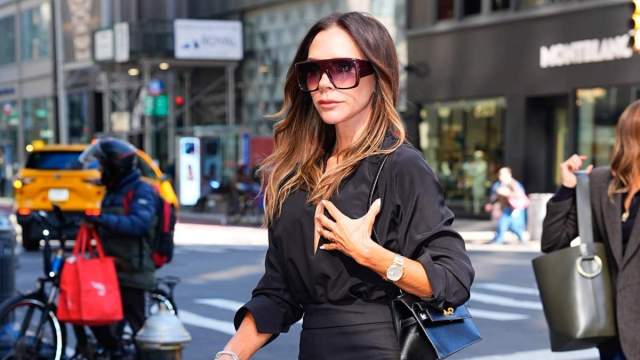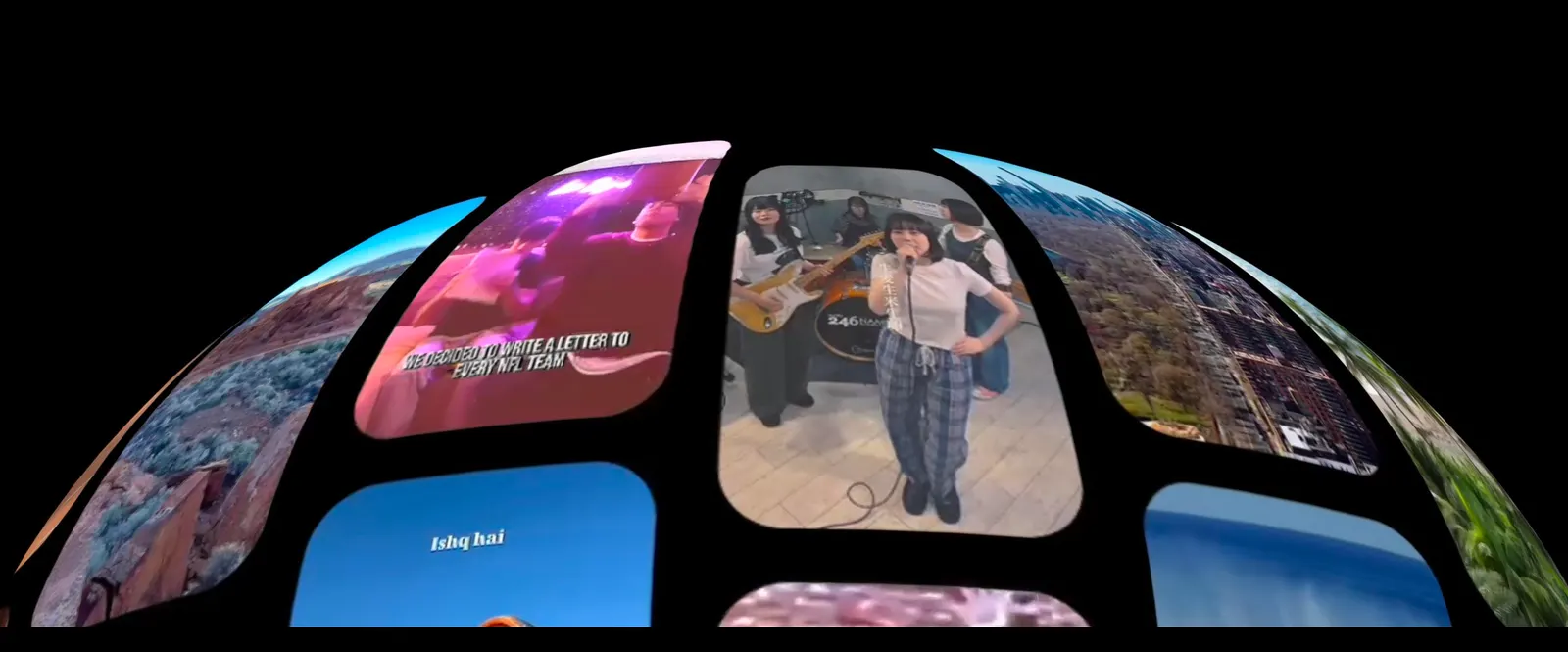In a similar vein, London-based upcyclist Christopher Raeburn (who also serves as global creative director of VF Corp-owned Napapijri) has been running open studio tours for customers and potential brand collaborators for over a decade. He says it has been a fundamental tool in converting customers to more sustainable consumption habits, and justifying the high price point associated with labour-intensive upcycled garments. “As an independent business, you have to think differently to larger brands with big marketing budgets,” he says. “When you see incredibly skilled craftspeople deconstructing something and remaking it, it’s an incredible driver.”
Initially, Raeburn ran the tours for free, but found that drop-out rates were lower when there was a nominal ticket charge of £5, which the brand now donates to charity. Occasionally, he also runs custom, private tours for potential commercial partners, or individuals interested in bespoke designs. He’s currently mulling a new offering: guerilla tours of the new Victoria & Albert museum off-shoot V&A East, which houses several designs from Raeburn’s debut collection.
How do you measure the impact of a field trip?
Far from a polished Instagram-ready brand experience, Isto’s transparency trips are designed to be real, says Palha, to build trust with customers and break down barriers between those at the top and bottom of fashion supply chains. “One year, we couldn’t find chauffeured coaches for everyone, so we just hired some minivans and drove them around ourselves,” he recalls.
But this off-the-cuff approach is reaching its limits, he says. “We’re in the process of professionalising the trips and developing KPIs for them,” continues Palha. “The ultimate signs of success for us are more people around the world believing in our brand, and customers trusting us more.”
For small operations like BPL and Scotland’s Lunan Bay Farm — which runs private tours to promote the regenerative benefits of rearing cashmere goats in the UK, as well as immersive experiences such as a “goat therapy retreat” — field trips could offer an additional revenue stream and a way to win over potential brand partners. BPL charges £200 a pop for standard field trip tickets, and even more for its bespoke or private group offerings, which can be booked by brands or boards, like Textile Exchange did recently.
A few hours after I spoke to Grady and Robinson, they were meeting with the wider team of a brand representative that came on their most recent field trip to discuss a potential commercial partnership. Beyond that, the feedback they receive is mostly anecdotal. “It’s hard to gather quantitative feedback,” says Grady. “But we do post-field trip surveys, which have thrown up some very detailed qualitative responses.”
Measuring the success of something so intangible is no easy feat, but the collective impact of more supply chain tours and immersive experiences could be enormous, says Needham. “We want stakeholders to walk away with empathy, a deeper understanding of each other’s challenges, and a shared appreciation for the work happening at every stage of the supply system. These real-world connections are essential for driving long-term progress. They motivate everyone involved to keep pushing for better practices, and to scale solutions in a way that’s grounded in collaboration, not just compliance.”
Comments, questions or feedback? Email us at feedback@voguebusiness.com.


